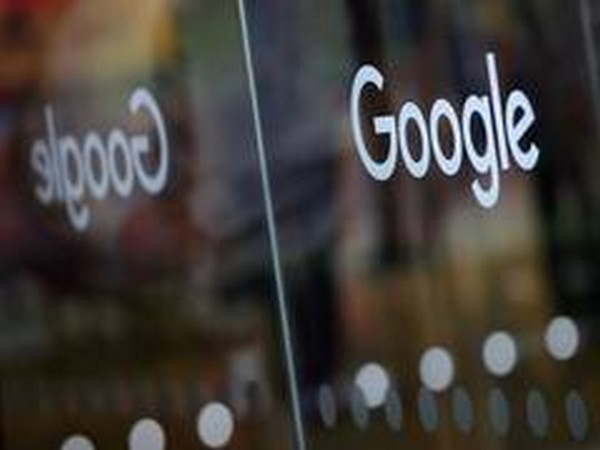Google, WHO partner to help developers build secure digital health solutions
The collaboration aims to empower Android developers, including in low-and-middle-income countries (LMICs), as they build digital health tools for healthcare workers everywhere.

- Country:
- United States
Google is working with the World Health Organization (WHO) to build an open source software developer kit (SDK) to help Android developers everywhere build secure digital health solutions using the Fast Healthcare Interoperability Resources (FHIR) framework.
"The global digital health community is rallying around FHIR to help improve health data interoperability, and we are committed to helping developers everywhere safely use our SDK to build secure and interoperable digital health solutions for their communities. We are collaborating with WHO and a group of developers to make sure the SDK meets the needs of the community," Google said.
Created by HL7, FHIR is a global standard framework for healthcare data that is being widely adopted to address fragmentation and foster more patient-centered care.
The collaboration aims to empower Android developers, including in low-and-middle-income countries (LMICs), as they build digital health tools for healthcare workers everywhere.
The SDK provides developers with a common set of application components like on-device storage, data-access and search APIs, thereby reducing the time and effort it takes to build FHIR-based, interoperable digital health applications on Android which powers 3 billion active devices worldwide.
Designed with a high level of security, the FHIR SDK allows Android applications to run offline by storing and processing data locally, which means healthcare workers can deliver care without worrying about connectivity.
"By providing a common set of application components - like on-device storage, data-access and search APIs - the SDK reduces the time and effort it takes to build FHIR-based, interoperable digital health applications on Android, maximizing the efforts of local developers and unlocking their potential to meet their community's needs," Google explained in a blog post on Wednesday.
According to WHO, there will be a global shortage of 18 million healthcare workers by 2030, primarily in LMICs. This collaboration provides an opportunity to support more healthcare workers on the frontlines.










